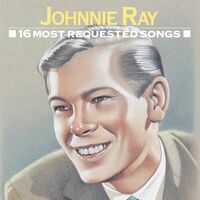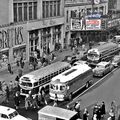Top tracks
Playlists
Similar artists
Albums
|
On the Stage
|
|
Greatest Hits Vol 7. [Audiophile Edition]
|
|
Greatest Hits Vol 3. [Audiophile Edition]
|
|
Greatest Hits Vol 4. [Audiophile Edition]
|
|
Greatest Hits Vol 8. [Audiophile Edition]
|
|
Greatest Hits Vol 6. [Audiophile Edition]
|
|
Greatest Hits Vol 5 [Audiophile Edition]
|
|
Greatest Hits Vol 2. [Audiophile Edition
|
|
Greatest Hits Vol 1. [Audiophile Edition]
|
|
All of me
|
|
The Big Show
|
| Street of Memories - the Father of Rock and Roll |
| Great American Pop Stars - Johnnie Ray, Vol.1 |
|
Great American Pop Stars - Johnnie Ray, Vol.3
|
| Great American Pop Stars - Johnnie Ray, Vol.5 |















